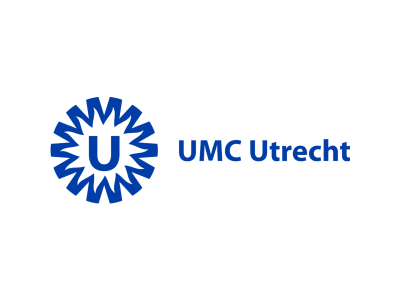Engineered IgA to activate (suppressor) neutrophils to treat cancer
Monoclonal antibodies have become the most successful class of biotech drugs in history to fight cancer. Yet, using classical IgG-based immunotherapy patients often relapse, or do not respond. This can be attributed to IgG-related escape mechanisms or immune cell exhaustion. IgA antibodies employ a different mechanism than IgG, it activates the highly abundant neutrophils to kill tumor cells.
This research collaboration has resulted in useful data aiding in the development of therapeutic IgA antibodies in order to develop tailor-made immunotherapy. Current IgG-based immunotherapies display many flaws, that IgA antibodies can overcome, as different effector cells are engaged and a different mode of action is used. This will lead to a better understanding and will have a clear impact on the health of cancer patients that have become unresponsive to current therapies.
We have investigated the capacity of IgA antibodies to recruit and activate neutrophils both in vitro, with blood and tumor material from cancer patients compared to healthy donors, and in vivo, in mouse tumor models where we can study the recruitment of neutrophils to the tumor and activation of the suppressor neutrophils, the PMN-MDSCs.
The data package obtained by this PPP has provided a more comprehensive understanding in the role of IgA antibodies in the innate immune system. Moreover, the results has supported TigaTx in the development of therapeutic IgA antibodies paving the way for improved immunotherapy.

